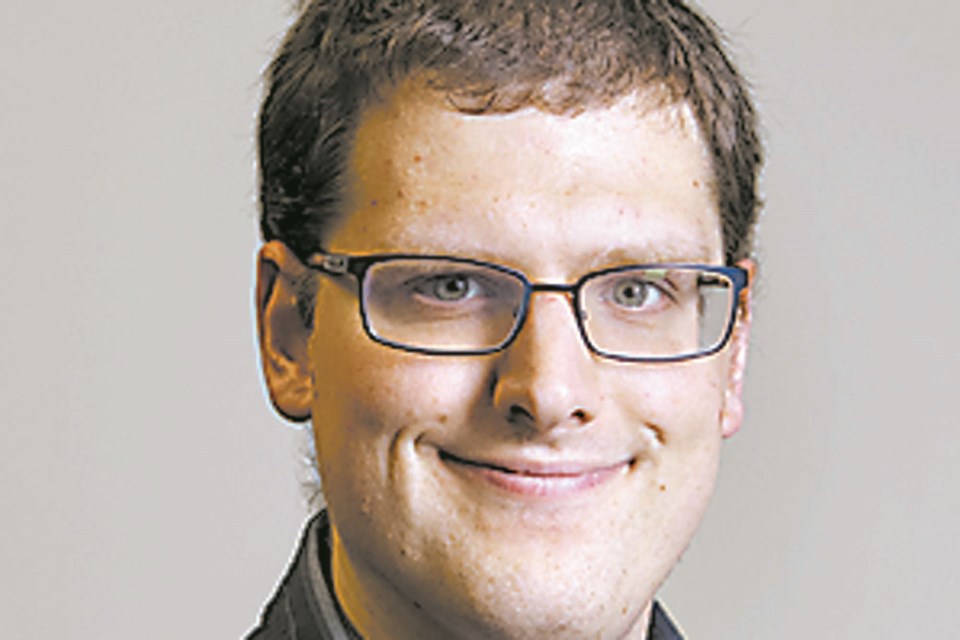It’s widely recognized that English is by far the most common language in Alberta, and it’s our de facto official language. Now, imagine someone who only speaks French well announcing they’re running to become our Premier. When they try to speak English, they mangle the words badly. Would you vote for them?
Something similar happened when Peter MacKay announced he was running for the federal Conservative leadership. He badly botched his campaign announcement in French and was ridiculed in the Quebec media for it. That prompted replies from some Anglophone critics who said bilingualism shouldn’t be necessary for anyone who wants to become Prime Minister of Canada.
Actually, it is necessary.
According to Statistics Canada’s 2016 census, some 4,144,690 Canadians only speak French. When you combine that with our total population being some 37,797,496 people, a unilingual prime minister can’t speak to a good 12 per cent of their own constituents, the vast majority of whom were born and raised here. And they have every right to expect to be able to use French, given that it’s one of our official languages and has its own constitutional protections.
Some might say requiring prime ministers to be bilingual excludes the millions of Canadians who only speak English well. Perhaps, but it also excludes the millions of Canadians who only speak French well. It’s fair to expect those Canadians who only speak French well to have to learn English if they expect to hold our highest political office ... but how is it fair to only expect Francophone Canadians to learn English, while Anglophone Canadians shouldn’t have to learn French? We would – quite rightly in my mind – not want to vote for anyone who doesn’t speak English well, so why should Francophones be expected to support someone who doesn’t speak French well? I’ve always been baffled as to why so many people seem to think Francophone Canadians are the only ones who should have to be bilingual.
These criticisms are particularly strange coming from Alberta. We talk a lot in this province about hard work and pulling ourselves up by our bootstraps. If that’s the case, shouldn’t potential prime ministers pull themselves up by their bootstraps and learn both English and French? That’s exactly what Stephen Harper did in true Alberta fashion – and he reaped the political rewards. Even if he didn’t sweep Quebec, every seat counts in a minority government and Harper’s gains there were important to his first five years in power.
Finally, and maybe most importantly, bilingualism allows people to speak to both Anglophone and Francophone Canadians in their own languages. One of the smartest things my parents ever did was to enroll me in French immersion. It’s helped me see the Francophone point of view both inside and outside Quebec, and helped me learn about Alberta’s and St. Albert’s rich Francophone heritage. It also inspired me to try and see the different sides of different debates in Canada.
Bilingualism has immeasurably enriched not only my life, but all of Canada.
Jared Milne is a St. Albert resident with a passion for Canadian history and politics.




